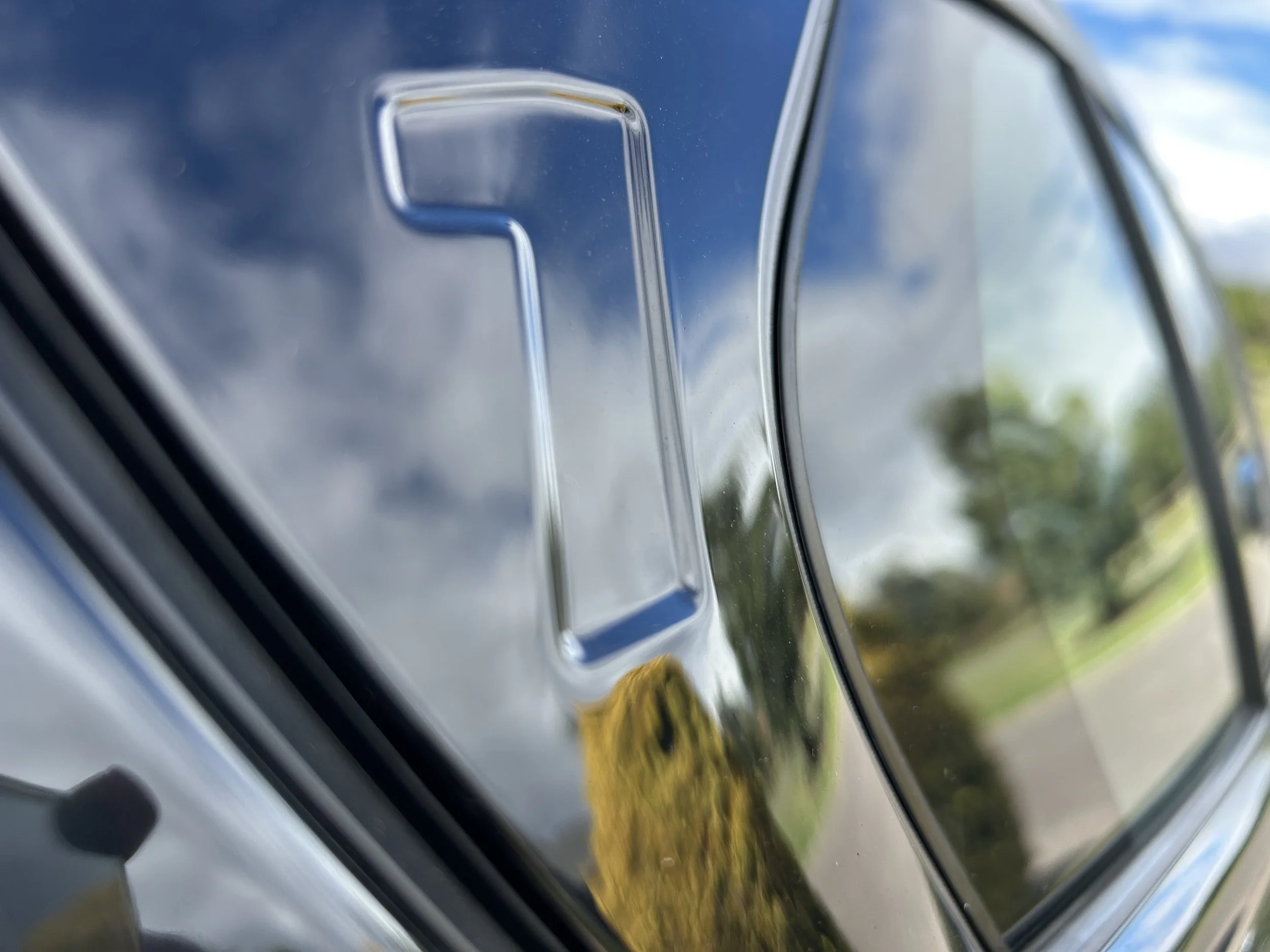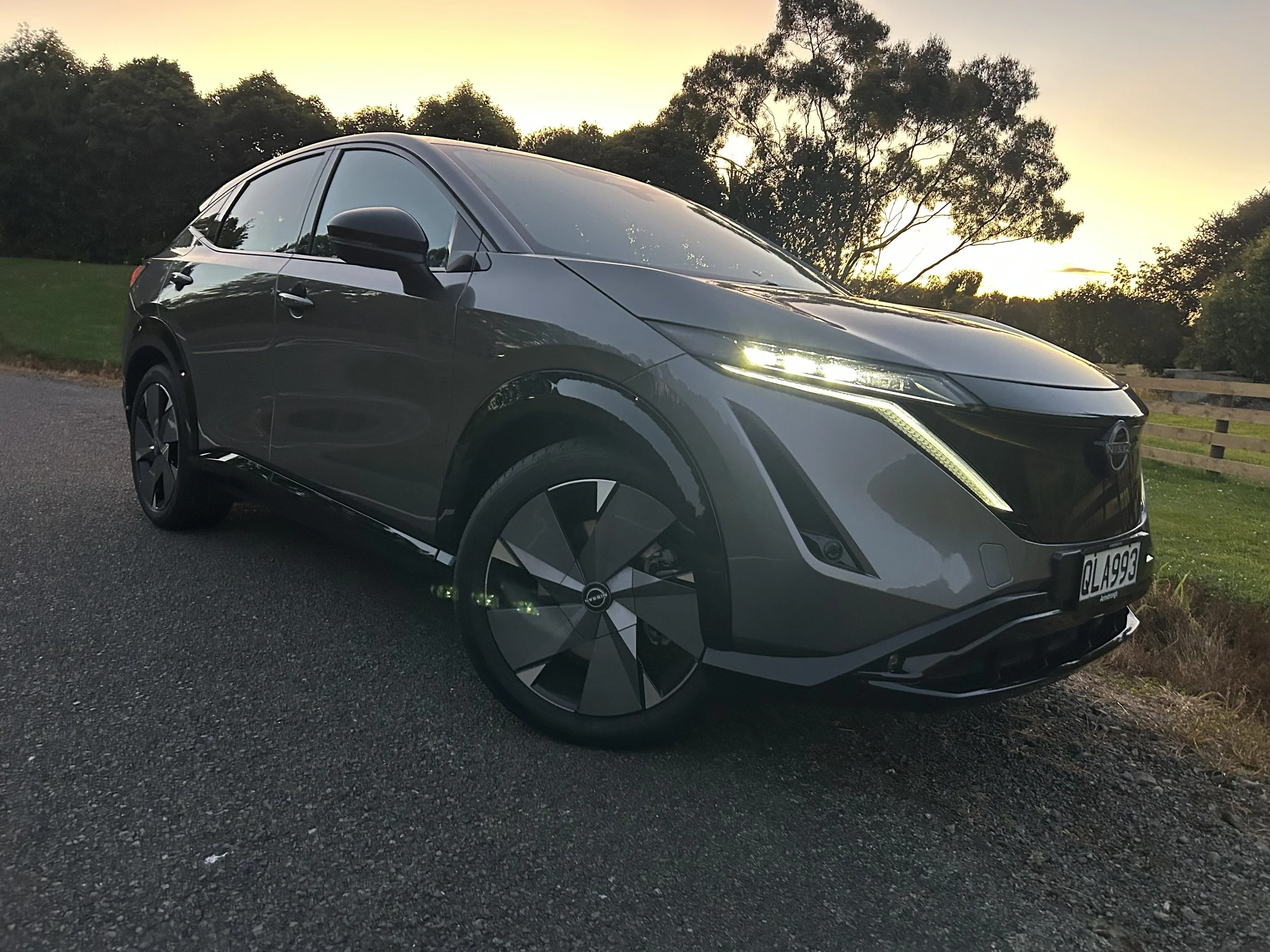Slim pickings in June for new car sector
/EVs, PHEVs again hurt as whole new car sector falls 60 percent year-on-year.
JUNE was dismal for new car sales, presenting as another tough time since the sector started a year of decline, with electric mains-fed product again proving hard to shift.
The top selling fossil fuel car last month was also the top seller in June 2023 - but this time the Toyota RAV4 (above) did the job with 544 registrations. In June 2023 it topped with 1496.
The electric sector that looked so strong a year ago is smashed to bits now.
Tesla was the top selling full electric brand for June this year and last.
But it secured No.1 last month with 67 registrations of the Model 3 sedan (below), whereas last year it did so on strength of winning 765 sales of the SUV-equivalent Model Y(which achieved just 40 units last month).
The Y’s June 2023 count is 10 units higher than last month’s combined accrual for all new mains-fed electrics, fully battery-tied and plug-in, for all brands.
Last month the industry sold just 548 battery electrics and 227 PHEVs; that’s 775 vehicles in all.
Other electrics flying high in mid-2023 - the BYD Atto 3 and MG ZS - barely blipped last month. Atto 3 was the third strongest selling EV, with 47 sold, while the Hyundai Kona EV came second, on 62. That’s the previous generation kind, subject to a massive Mystery Creek field days-tied discounting programme to clear stock. The new generation car that was supposed to launch in February is still being withheld from sale.
The count of 9423 new car registrations for last month was also dire news for sellers.
That count represents a 60 percent drop on the same month of 2023, when 23,560 cars and light commercial vehicles, including one-tonne utilities, were registered.
In respect to that, the Motor Industry Association concedes last year’s actual was the highest ever for a single month. But it also says the latest tally was the lowest June result in a decade.
Last year’s bonanza was an effect of pending changes then to the Clean Car Discount.
There was a rush to get cars before a revision hitting on July 1 when far fewer vehicles became eligible for the discount applying to low CO2 emitting drivetrains and full electrics.
However, the organisation that acts for new vehicle distributors says last month’s count was also 21.8 percent lower than for June of 2022, when 3151 units were recorded.
It also notes that the year-to-date tally is 26.2 percent lower than the count for the first half of 2023, 22,235 units and for the same period of 2022 (19,329).
In breaking down statistics, new passenger models - including sports utilities - are harder hit than commercial types, with anything electric with a plug being hurt most.
This time last year, both were doing well because the most popular types achieved a Clean Car rebate that has now discontinued.
Mild hybrid cars - that is, though that have a battery and some electric impetus, but no ability to replenish from mains electricity - continued to be the sole passenger class to show increasing interest, with 2115 sold, while fully fossil fuel dependant fare achieved 6533 sales.
The light passenger tally for last month came to 6067 units - for the same month last year, the count came to 11232. That’s a 64.9 percent downturn in 2024.
Year-to-date, light passenger vehicles are down 34.2 percent - 20,886 units - compared to the same period in 2023.
The count is also 28.7 percent/16,206 units lower than in the same period in 2022.
Market dominating Toyota was the biggest performer last month; it is the leading seller of mild hybrids and a big involver in fleet business.
Ford (which has Ranger, the leading utility choice) and Mitsubishi (which has PHEVs, but also also just launched a new Triton ute) were dominant.
The top five PHEVs last month were Mitsubishi’s Outlander and Eclipse Cross, both 44 units each), followed by the BYD Sealion (21), Porsche Cayenne (13) and BMW X5 (10).


















